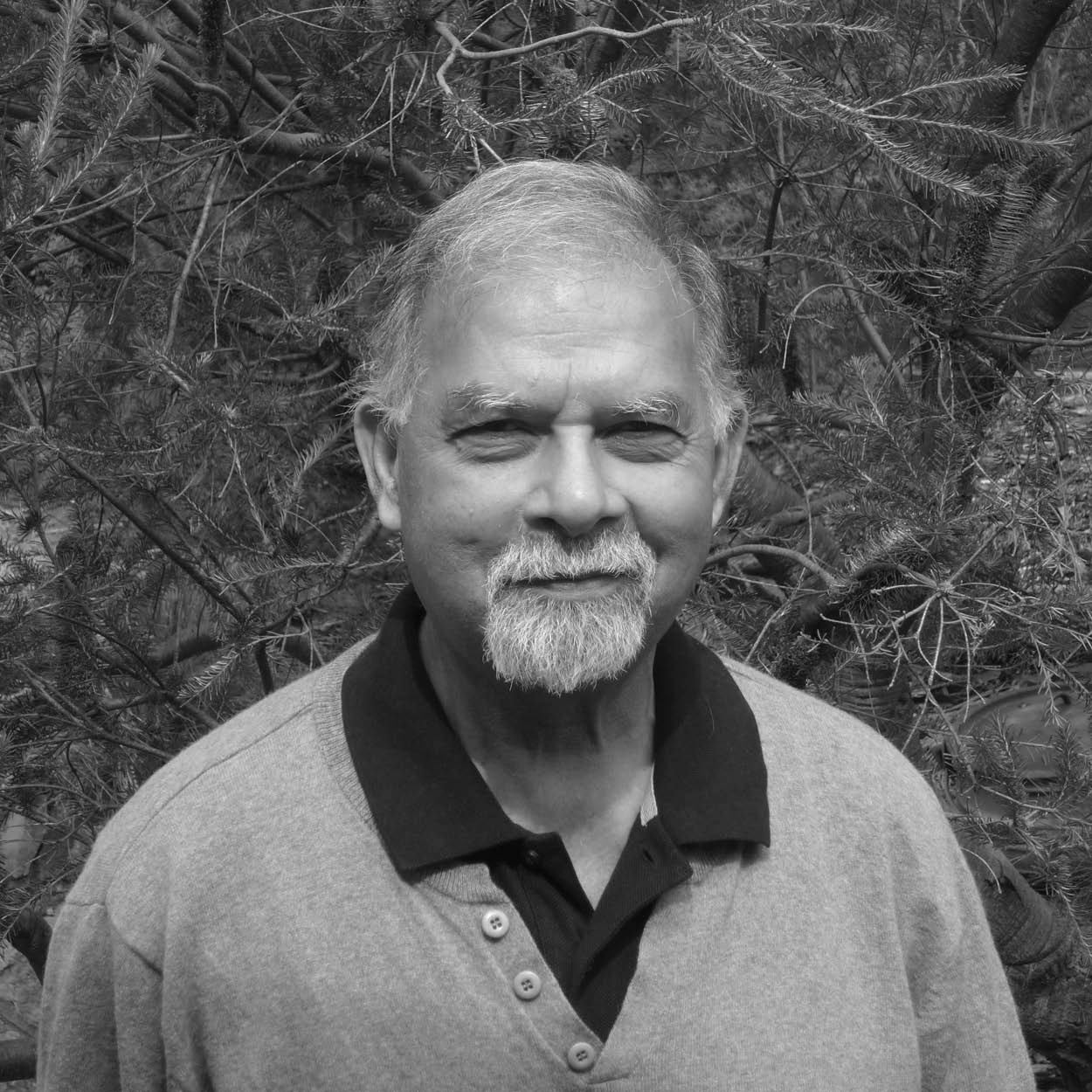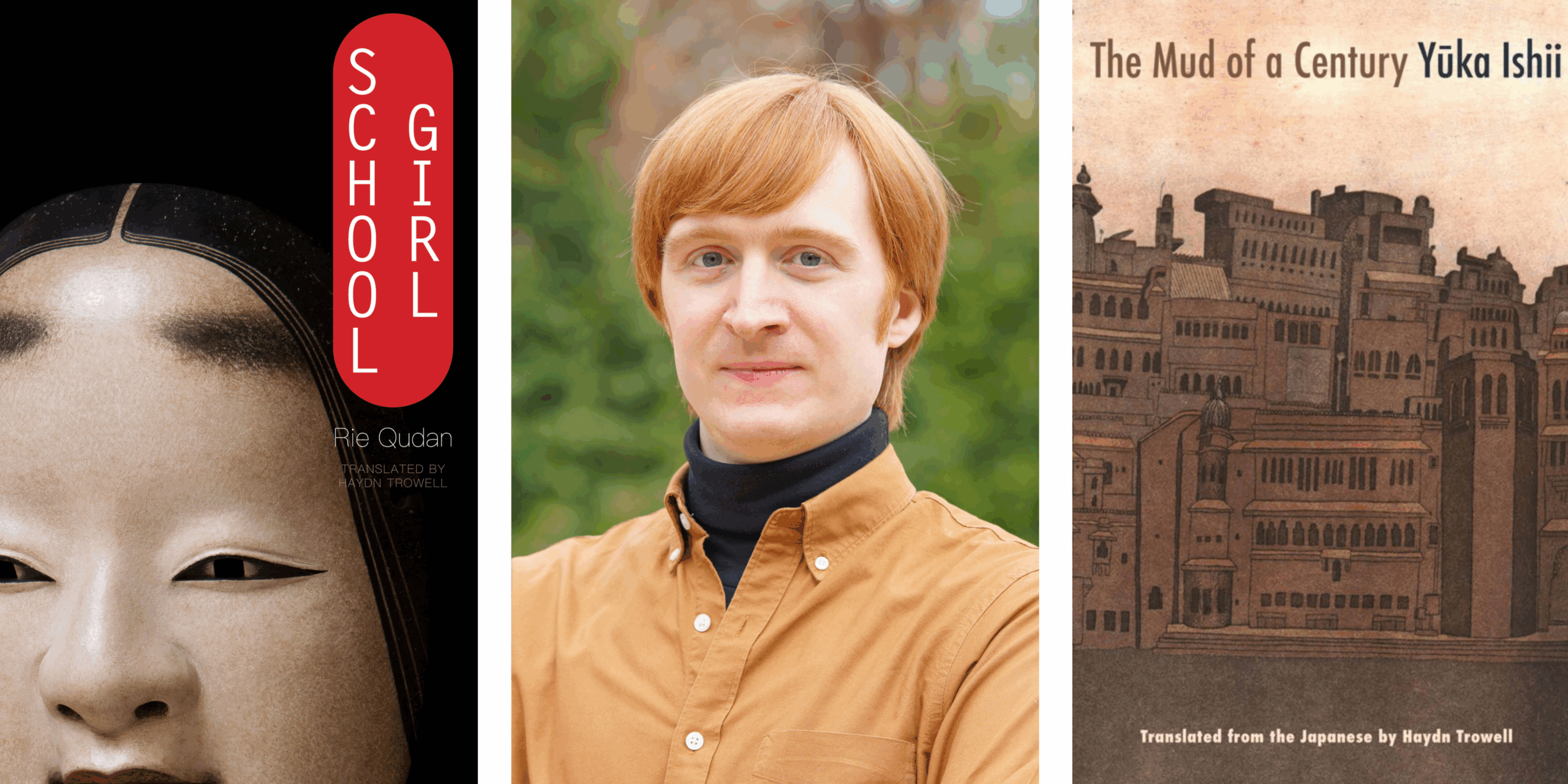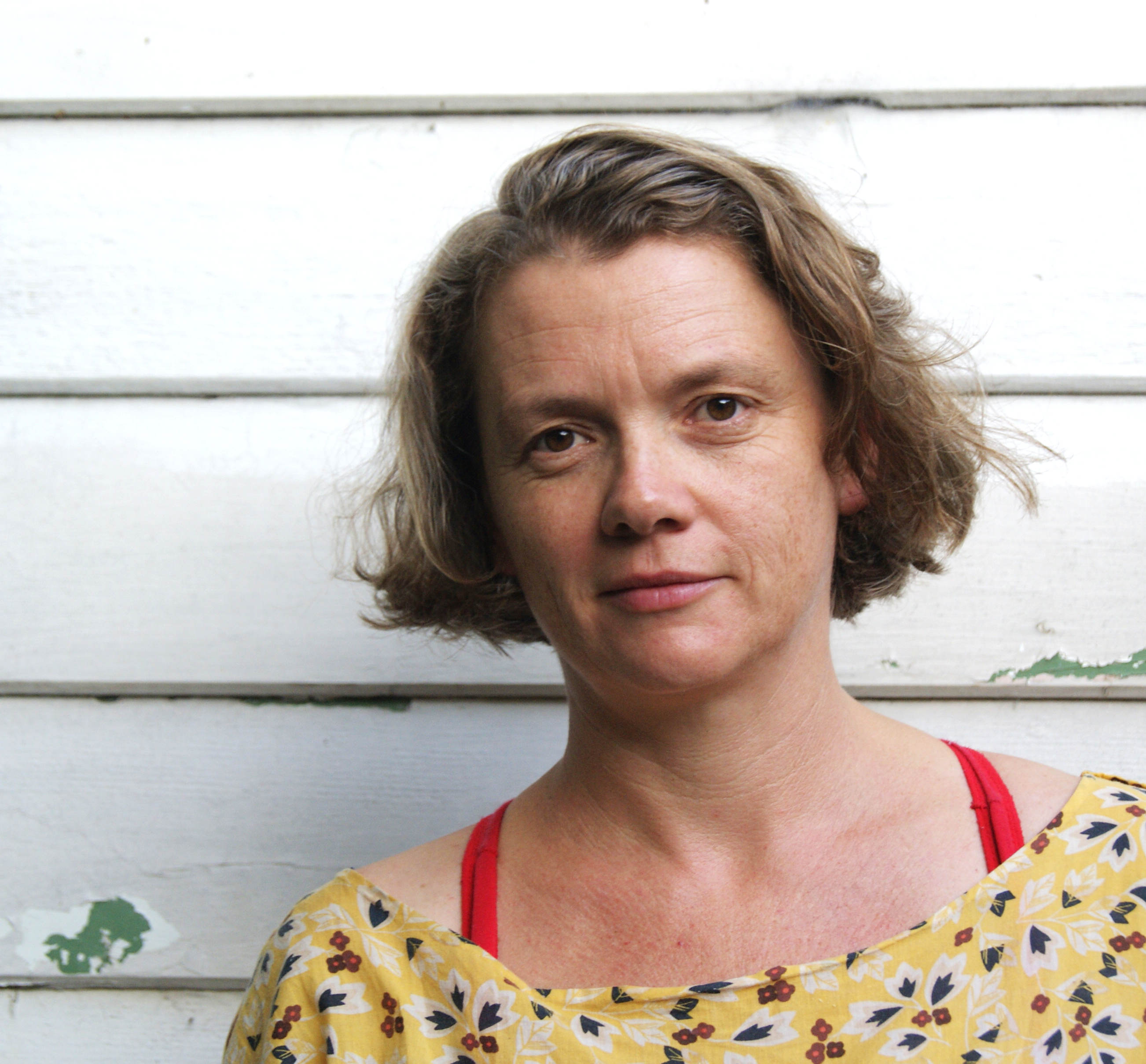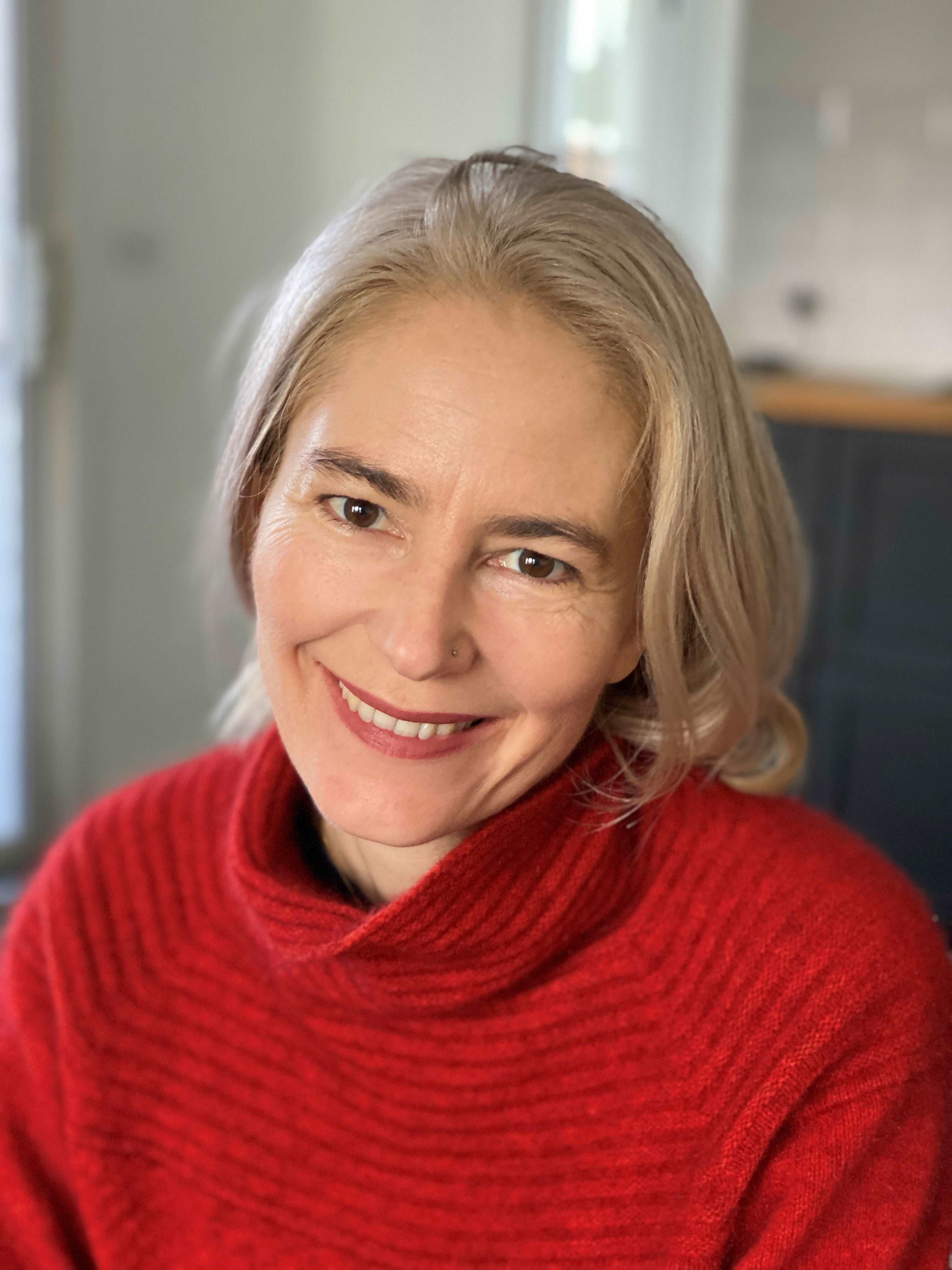How would you describe George Orwell’s Elephant and other essays?
The essays are conceived as fictionalised biographies of real places, landscapes and cities.
Each place has a history I call deep time-place. No place is isolated from other places however spatially distant or remote in time. It requires patience and perseverance to gather specks of times and places embedded inside and around a spatial location. As a geologist I have begun to learn how to decode the language in which a place inscribes its history, a history that includes my own.
Like most geologists I love maps. They are wonderful devices to visualise the togetherness of scraps of disparate times and places in a specific site. Often, they function as repositories of the emotional geography of our lives.
All stories are by nature temporal. But they are also essentially spatial, not because each story requires a believable location but also because time and space are inseparable.
The places we inhabit make and remake us and although we try to mould them according to our needs, in the end it’s nature that has the final say. For example, Eric Blair (George Orwell), an officer in the Indian Imperial Police force, arrived in Burma in 1922 and left after 6 eventful years, but Burma didn’t leave him. Burma made him the man and the writer we like or dislike.
Tell us a bit about the experience of writing the book.
The book includes essays which were initially written more than 10 years ago but have been significantly rewritten because as a writer I have changed and my perspective on the world we live in has been altered.
I tend to write about things, people, and places I have little previous knowledge of. The process of writing is my attempt to learn more about them. This is the reason I research and collect material as I write the piece.
For me writing is like walking in the bushland. Each step or turn provides fresh revelations. One of the benefits of this slow progression is that I get the opportunity to befriend other writers and poets and their books. I also reread books I have read before unravelling new meanings. I hope readers who engage with these essays have time to explore these writers and books. In a way this mode of reading and writing can be described as ‘hyperlinked’, where each link provides a passage or a bridge to other voices and viewpoints.
What do you hope readers will take from this book?
The essays require slow, patient, and engaged reading.
The essay about an old banksia in our backyard garden in Aranda is my journey into the deep and distant time-place the banksia embodies in itself. In this journey the banksia is my amiable friend and guide. I hope readers can find similar objects and features and befriend them to initiate their own travel into the deep time-place-histories of the world they and the objects inhabit.
To speak is important but perhaps more important is to hear and listen, for without ears and hearing, speaking is next to impossible. The Anangu people who are the main protagonists of my essay about Uluru tell their Tjukurpa, the creation stories, in which Tjukuritja, the landscape features, and other living and non-living beings are created. Nothing is separate and separable. They and the stories exist in the same deep time-place.
Tjukurpa is often translated as ‘dreamtime’ or ‘everywhen’ highlighting the non-linear nature of time. I perhaps rightly or wrongly prefer the word ‘every-when-where’ instead, because if time is not linear, space also is not flat or merely three dimensional. It is a palimpsest of variegated times and places. When I think of Tjukurpa my mind imagines a word which is a combination of ‘wording’ and ‘world’. I call it ‘worlding’, a clumsy word, that invokes creation of the world through yarning and storytelling. The two happen together.
Favourite bookshop anywhere in the world?
There are so many to select from. However, I still remember Bukinist, a second-hand bookshop on Kuznetskii Most in Soviet-time Moscow. I mention the shop in my essay about Stalin’s Metro. I used to go there in the 1970s. My research shows that the shop still exists and occupies the same building.
I love used or already-read books. Through them I am able to establish an imaginary fellowship of reading, and if I find notes and comments pencilled on the pages of these books, it brings me extra pleasure.
What books are you currently reading?
I am a slow reader and read more than one book at the same time. In the last couple of years, I have significantly culled my personal library keeping only books I feel I’ll read again.
I’m reading now are Primo Levi’s The Periodic Table. This is my third reading of the book. I like Levi’s writing perhaps because he has the curiosity of a scientist. In his book he uses chemical elements to structure the story of his life in Auschwitz during the Shoah. It’s sad, humbling, and at the same time a life-affirming book.
The second book is by the British writer and poet Julia Blackburn, called Timesong: Searching for Doggerland. The book narrates the story of the landmass between Great Britain and Europe that disappeared under the waters of the North Sea. This was caused by global warming at around 10 000 BP which followed the Last Glacial Maximum. I tell a similar story in the essay about the old banksia in our backyard garden. The same global warming event had led to the formation of the Botany Bay which the D’harawal call Gamay, a word which means fresh water.
What’s the last book you read that you loved?
It is the English translation of the book The Five Senses: A Philosophy of Mingled Bodies by French philosopher Michel Serres. This is book which will require more than one reading to appreciate its style and to comprehend the wisdom it contains.
Two epigraphs in my book come from Serres’s other short but equally stimulating book, the English translation of which was published by Gazebo Books in 2022.
I read Serres and come to understand that we, humans, come into being through events of co-being and togetherness with others which include all the living and the non-living.





